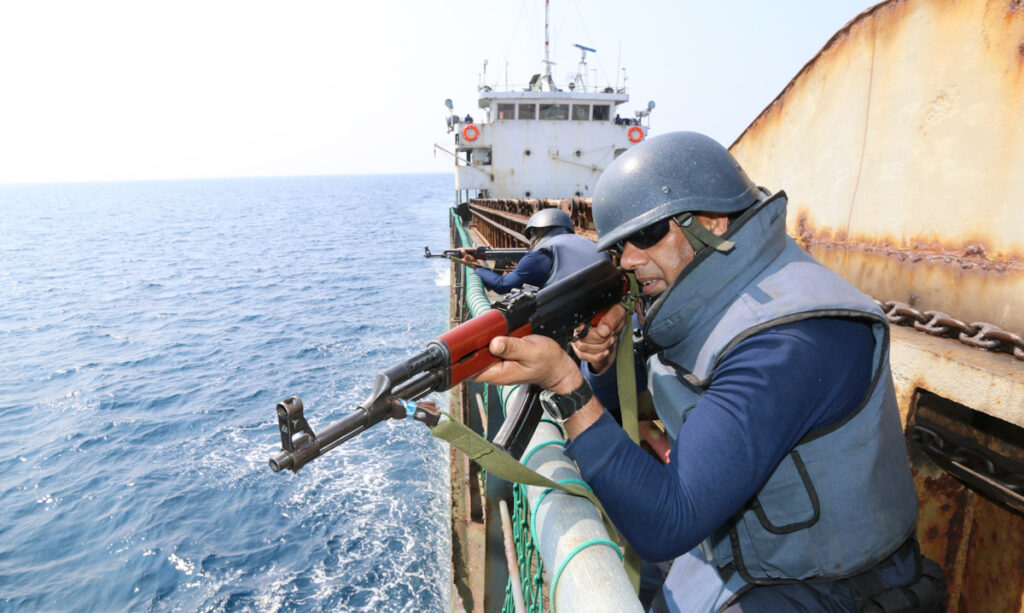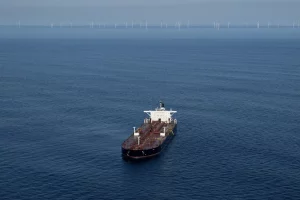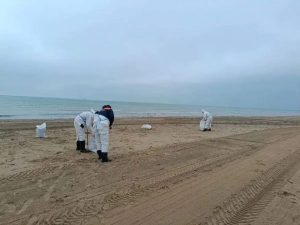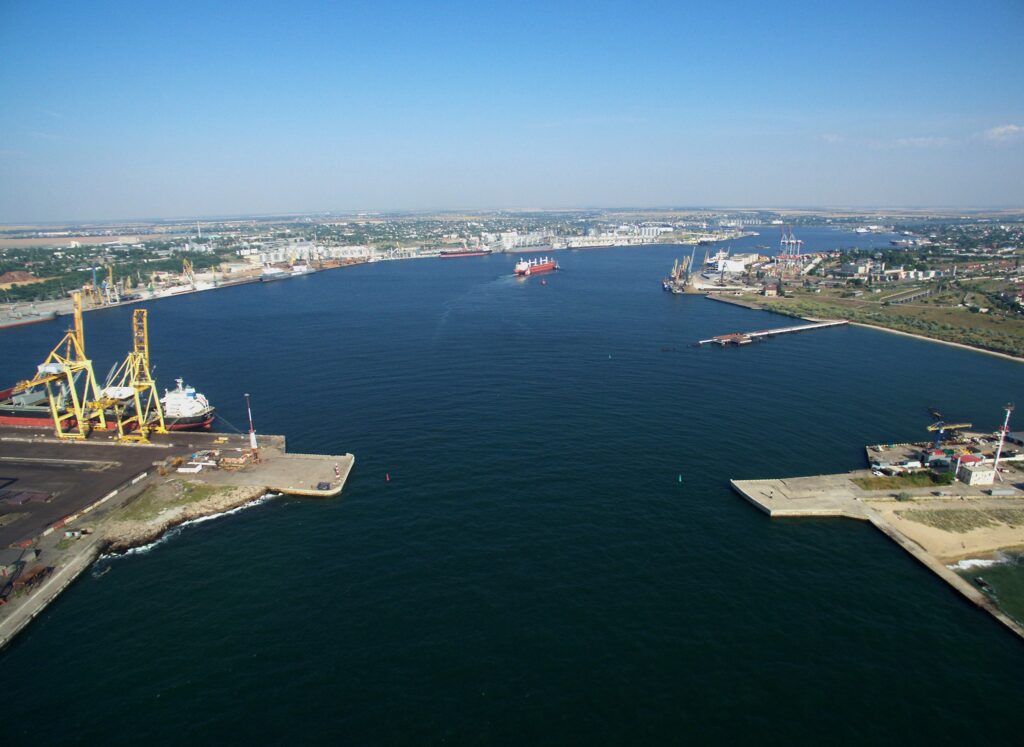Britain could not stop the work of vessels guarding Russian tankers

When in July last year the British government revoked the licenses of Russian security vessels and banned the storage of weapons, they did not stop their work, and the weapons were not returned.
Despite years of efforts, Britain has been unsuccessful in trying to stop the operation of licensed floating bases used to guard Rosneft tankers. Bloomberg writes about it.
In particular, these vessels guard those Russian tankers that are under sanctions.
We will remind you that to protect ships from pirates, shipowners hire private armed guards based on floating vessels. The British company MNG Maritime issued licenses for such floating bases and for storing weapons on them. However, when the British government revoked these licenses and banned the storage of weapons in July last year, the security vessels did not stop working and the weapons were never returned.
MNG Maritime was recently acquired by Singapore-based Sinbad Navigation, which also changed its registration. This makes it impossible for the British government to control the company.
Currently, Sinbad Navigation remains one of the few companies that continues to provide services to tankers carrying Russian oil, including Russia’s sanctioned Sovkomflot. Despite this, Sinbad Navigation itself is not subject to sanctions, which allows it to legally provide security services.
After the beginning of the Russian Federation’s war against Ukraine and the introduction of sanctions, the supply of Russian crude oil to India did not stop. Because of the danger in the waters of the Indian Ocean, Moscow increasingly relies on private security services.
The day before, USM wrote that the EU is investigating the re-export of oil from the Russian Federation through Turkey under a new brand.





